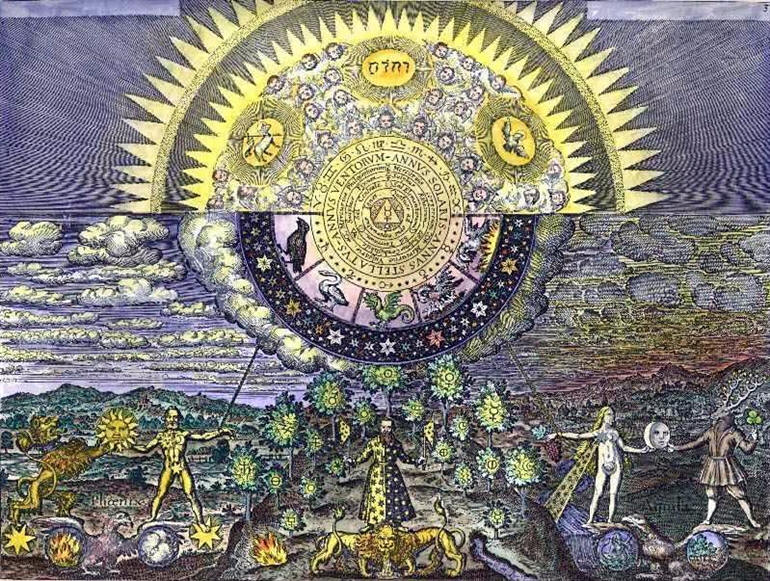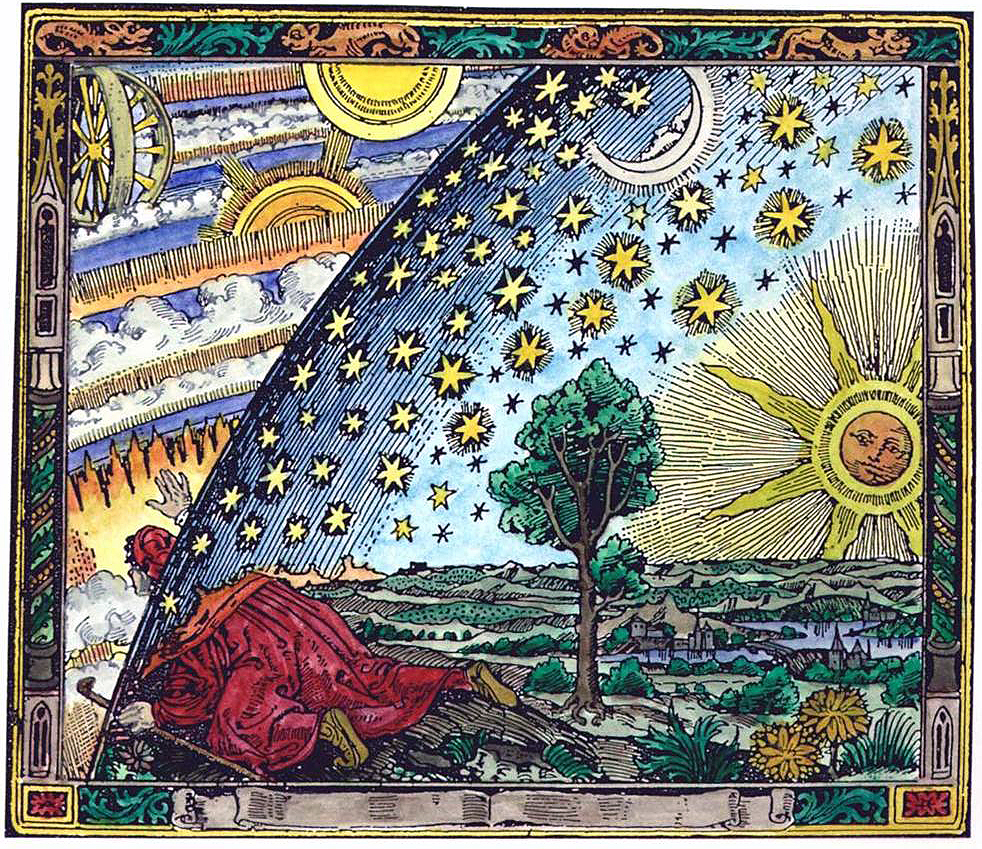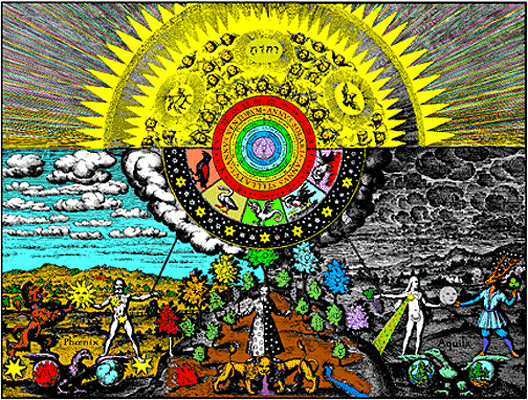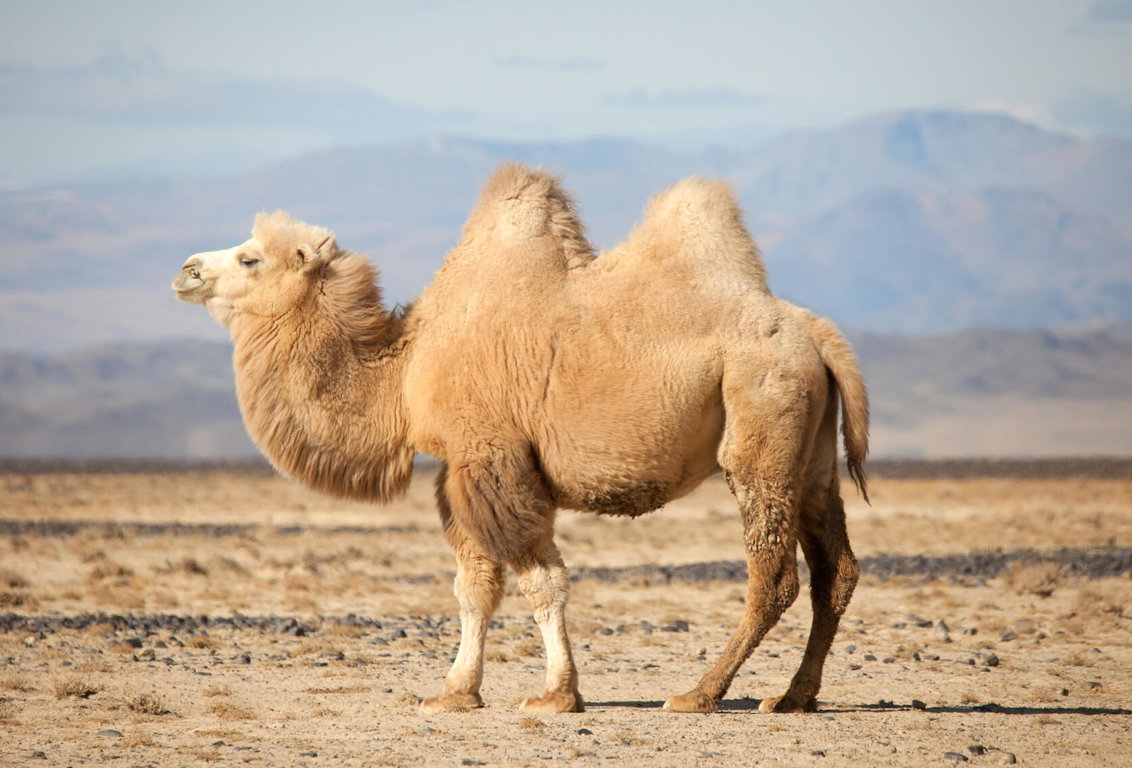The Game
Board games 道可道
Constant Game 常道
- "One is the name of a city in a jungle
- and one was a planet in outer space"

- 1st level, the surprising jungle
- 2nd level, the cosmos
- 3rd level, 玄之又玄衆妙之門

Versus:
知其雄,守其雌,為天下谿。
為天下谿,常德不離,復歸於嬰兒。
知其白,守其黑,為天下式。
為天下式,常德不忒,復歸於無極。
He who knows the masculine and keeps to the feminine
Will be the river of the world.
Being the river of the world
He will never be separated from the eternal Virtue,
Becoming once again a little child.
He who knows the white and keeps to the black
Will be an example for the whole world.
Being an example for the whole world
He will never stray from eternal Virtue,
And he will return to the infinite.
[Jumanji] Jumani jumani [ʤuˈmaːni] ← juma [surprise] + ni [what?] = surprise
Imperative Plural [←juma (v/t.)]
[Zathura]

Zoroaster's name in his native language, Avestan, was probably Zaraϑuštra. His English name, "Zoroaster", derives from a later (5th century BC) Greek transcription, Zōroastrēs (Ζωροάστρης), as used in Xanthus's Lydiaca (Fragment 32) and in Plato's First Alcibiades (122a1). This form appears subsequently in the Latin Zōroastrēs and, in later Greek orthographies, as Ζωροάστρις Zōroastris. The Greek form of the name appears to be based on a phonetic transliteration or semantic substitution of Avestan zaraϑ- with the Greek ζωρός zōros (literally "undiluted") and the Avestan -uštra with ἄστρον astron ("star").
In Avestan, Zaraϑuštra is generally accepted to derive from an Old Iranian *Zaratuštra-; The element half of the name (-uštra-) is thought to be the Indo-Iranian root for "camel", with the entire name meaning "he who can manage camels". Reconstructions from later Iranian languages—particularly from the Middle Persian (300 BCE) Zardusht, which is the form that the name took in the 9th- to 12th-century Zoroastrian texts—suggest that *Zaratuštra- might be a zero-grade form of *Zarantuštra-. Subject then to whether Zaraϑuštra derives from *Zarantuštra- or from *Zaratuštra-, several interpretations have been proposed.

If Zarantuštra is the original form, it may mean "with old/ageing camels", related to Avestic zarant- (cf. Pashto zōṛ and Ossetian zœrond, "old"; Middle Persian zāl, "old"):[
- "with angry/furious camels": from Avestan *zarant-, "angry, furious".
- "who is driving camels" or "who is fostering/cherishing camels": related to Avestan zarš-, "to drag".
- Mayrhofer (1977) proposed an etymology of "who is desiring camels" or "longing for camels" and related to Vedic Sanskrit har-, "to like", and perhaps (though ambiguous) also to Avestan zara-.
- "with yellow camels": parallel to younger Avestan zairi-.

The interpretation of the -ϑ- (/θ/) in Avestan zaraϑuštra was for a time itself subjected to heated debate because the -ϑ- is an irregular development: As a rule, *zarat- (a first element that ends in a dental consonant) should have Avestan zarat- or zarat̰- as a development from it. Why this is not so for zaraϑuštra has not yet been determined. Notwithstanding the phonetic irregularity, that Avestan zaraϑuštra with its -ϑ- was linguistically an actual form is shown by later attestations reflecting the same basis. All present-day, Iranian-language variants of his name derived from the Middle Iranian variants of Zarϑošt, which, in turn, all reflect Avestan's fricative -ϑ-.
In Middle Persian, the name is 𐭦𐭫𐭲𐭥𐭱𐭲 Zardu(x)št, in Parthian Zarhušt, in Manichaean Middle Persian Zrdrwšt, in Early New Persian Zardušt, and in modern (New Persian), the name is زرتشت Zartosht.


No comments:
Post a Comment